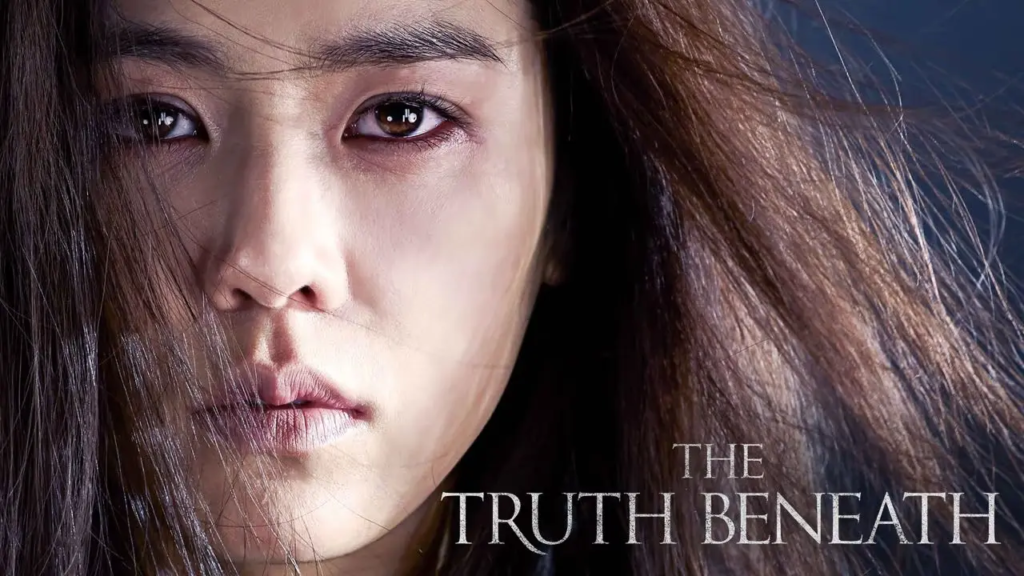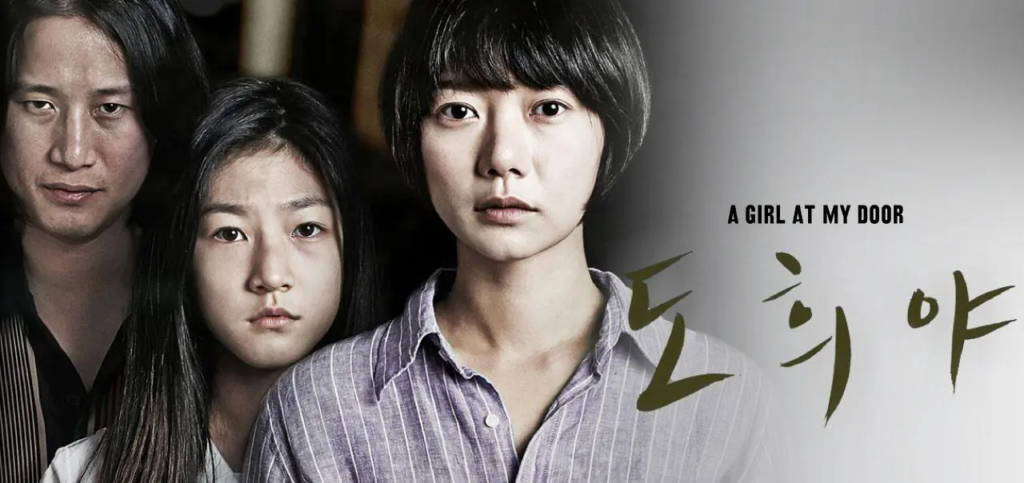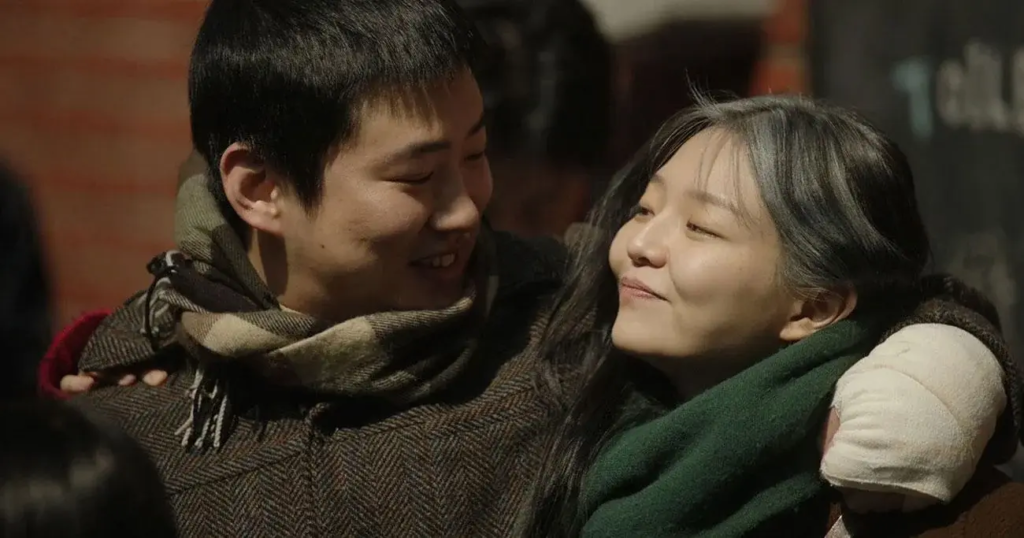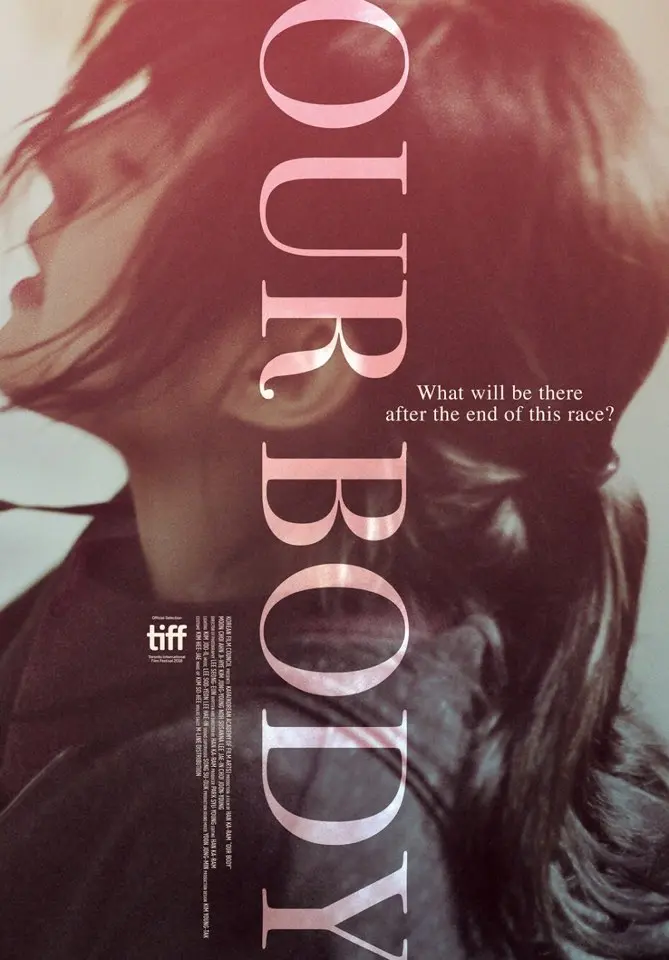Introduction
Best Korean Movies Directed by Women, when we think of Korean cinema, names like Bong Joon-ho and Park Chan-wook often come to mind. But what about the incredible women directors who have left an indelible mark on the industry? While male filmmakers have dominated the conversation, female directors in Korea have been crafting some of the most thought-provoking, emotional, and visually stunning films in recent years. If you haven’t explored their work yet, you’re in for a treat.
The Rise of Women Directors in Korean Cinema
Historically, the South Korean film industry has been male-dominated, with few opportunities for female directors to shine. However, in recent decades, a new wave of women filmmakers has emerged, breaking barriers and bringing fresh perspectives to the big screen. Thanks to increased representation, funding, and global recognition, female directors are now creating films that challenge societal norms and showcase unique storytelling techniques.
Best Korean Movies Directed by Women
1. House of Hummingbird (2018) – Director: Kim Bora

Kim Bora’s debut feature, House of Hummingbird, is a beautifully introspective coming-of-age drama. Set in 1994 Seoul, the film follows 14-year-old Eun-hee as she navigates family struggles, first love, and personal identity. The movie’s delicate storytelling and stunning cinematography earned it multiple awards, including the Grand Prix for Best Feature Film at the Berlinale Generation 14plus.
2. The Truth Beneath (2016) – Director: Lee Kyoung-mi

A political thriller with psychological depth, The Truth Beneath follows a mother’s desperate search for her missing daughter amid a heated election campaign. Lee Kyoung-mi masterfully crafts a suspenseful and eerie atmosphere, making this one of the most gripping Korean thrillers directed by a woman.
3. A Girl at My Door (2014) – Director: July Jung

Korean Movies That Explore Social Issues: A Deep Dive into Cinema’s Reflection of Society
Produced by renowned filmmaker Lee Chang-dong, A Girl at My Door tells the story of a police officer (played by Bae Doona) who protects a mistreated young girl. The film explores themes of abuse, social discrimination, and LGBTQ+ identity with remarkable sensitivity.
4. Microhabitat (2017) – Director: Jeon Go-woon

Self-Love: The Foundation for Healthy Romantic Relationships
What would you give up to live the life you truly want? That’s the question at the heart of Microhabitat, a beautifully unconventional film that follows a young woman who chooses cigarettes and whiskey over stability. With its witty yet melancholic tone, the movie critiques modern society’s obsession with materialism.
5. Our Body (2018) – Director: Han Ka-ram

Long Distance Love: Keeping the Spark Alive Across the Miles
In Our Body, a struggling woman becomes obsessed with a confident female runner she meets by chance. The film examines themes of self-worth, body image, and societal pressures on women with a quiet yet impactful narrative.
6. Take Care of My Cat (2001) – Director: Jeong Jae-eun

One of the earliest feminist narratives in Korean cinema, Take Care of My Cat explores the lives of five young women transitioning into adulthood. The film is an honest portrayal of friendship, ambition, and the struggles young women face in a rapidly changing society.
The Future of Women in Korean Cinema
While female directors still face challenges in the industry, the success of these films proves that their voices are invaluable. With increasing international recognition and support, more women are stepping behind the camera to create groundbreaking films. The future of Korean cinema looks brighter than ever, with a more diverse and inclusive range of storytellers leading the way.
FAQs
1. Are there many female directors in the Korean film industry?
Not as many as male directors, but their presence is growing. In recent years, more women have gained recognition for their exceptional storytelling.
2. What themes are common in films directed by Korean women?
Female directors often explore themes of identity, societal expectations, gender roles, and personal struggles in their films.
3. Are these films available internationally?
Yes! Many of these films can be found on streaming platforms like Netflix, Amazon Prime, or through independent film distributors.
4. Which female Korean director should I watch if I love thrillers?
Lee Kyoung-mi, director of The Truth Beneath, is an excellent choice for suspense and thriller lovers.
5. What’s a good starting point for someone new to female-directed Korean films?
House of Hummingbird or Take Care of My Cat are great starting points, offering emotional depth and strong storytelling.
Conclusion
The landscape of Korean cinema is evolving, and female directors are playing a crucial role in shaping its future. From intimate dramas to thrilling mysteries, these filmmakers bring unique perspectives that challenge conventions and captivate audiences. If you’re looking for movies that will move, inspire, and stay with you long after the credits roll, be sure to explore the works of these incredible women. Happy watching!


